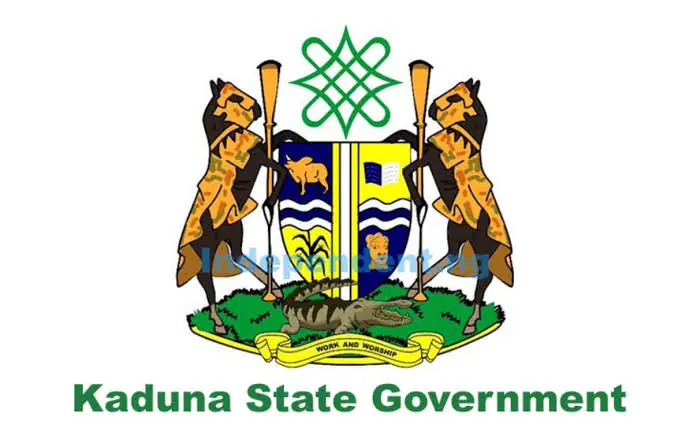The United Kingdom and the Kaduna State Government have started educating religious and traditional leaders about Early Childhood Development (ECD) and Adolescent Sexual and Reproductive Health (ASRH).
On Monday, Malam Kabir Lawal, the Desk Officer, School Health, Kaduna State Universal Basic Education Board, stated in Zaria that the move was made to mobilize support for the effective implementation of ECD and ASRH programs.
According to Lawal, the one-day orientation is funded by the UK Foreign, Commonwealth and Development Office (FCDO) as part of the Lafiya project, a UK-Nigeria Partnership for Health.
The goal of the sensitization, he explained, was to familiarize participants with the concepts of ECD, ASRH and reproductive health, maternal, newborn, and child nutrition.
According to him, this will allow participants to identify hurdles to effective ECD and ASRH programs and provide solutions.
He also mentioned that the orientation provided an opportunity to gain the support of religious and traditional leaders for the effective implementation of the ECD and ASRH programs.
Hajiya Amina Ndatsu, one of the resource persons, said that ECD was concerned with the survival, growth, and development of the child from conception to the age of five.
According to Ndatsu, child development includes all of the care, support, and interventions that a child receives in order for them to survive, thrive, grow, develop, and reach their full potential.
She emphasized that the provision of all forms of ECD support and interventions was multi-sectoral, encompassing health, education, nutrition, and child protection, among other things.
The holistic approach to ECD, according to her, includes the child’s physical, social, cognitive, emotional, and linguistic development.
She urged traditional and religious leaders to assist the government in sensitizing and mobilizing their subjects and members to ensure that children’s needs are met and their rights are protected.
Speaking at the same time as a resource person, Mr Abdulrahaman Mikail explained that ASRH was concerned with adolescent sexuality, pregnancy, childbirth, health, adolescent nutrition, family planning, ante-natal and postnatal care, breastfeeding, and young child feeding.
According to Mikail, the ASRH program cannot be effective unless it is combined with basic education, and he emphasized the importance of stakeholders working together to educate adolescent boys and girls about sexual and reproductive health.
Mr Yusuf Yayaha, the District Head of Birnin Gwari South, one of the participants, stated that abject poverty was impacting parents and caregivers in giving the necessary care for their children.
“Some parents are unable to feed or educate their children, which leads to child hawking, teen pregnancy, drug abuse, and other social vices.”
“The government should collaborate with communities to find ways to address household poverty so that parents and caregivers can provide the necessary care for their children,” he said.
Mr Tijjani Aliyu, Citizens Co-Chair, Kaduna Basic Education Accountability Mechanism (KADBEAM), praised FCDO and the Kaduna State Government for their efforts.
According to him, the move will aid in mobilizing critical support for the state’s effective implementation of ECD and ASRH programs.
